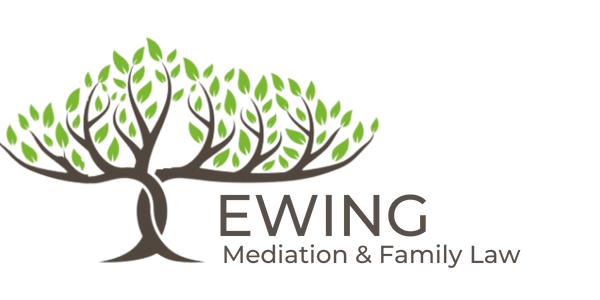What Is The Role Of A Divorce Mediator In California?

Divorce is often a challenging and emotionally charged experience, especially when faced with the traditional adversarial legal process. However, divorce mediation offers an alternative approach, promoting cooperation and communication. In this article, we will explore the essential role of a divorce mediator in California and address common questions about the mediation process.
What is Divorce Mediation?
Divorce mediation is a process in which a neutral third party, known as a mediator, helps divorcing couples reach mutually acceptable solutions for their issues. Mediation fosters open dialogue, cooperation, and compromise, providing an alternative to litigation.
What Kinds of Issues Can Be Resolved Through Mediation?
Mediation can address a wide range of divorce-related issues, including but not limited to:
- Property Division: Mediation helps couples fairly divide assets, such as homes, investments, and personal belongings.
- Child Custody and Visitation: Mediators assist in creating parenting plans that prioritize the best interests of the children.
- Child Support and Alimony: Mediation determines financial support arrangements based on the parties’ unique circumstances.
- Debt Allocation: Mediation can address the equitable distribution of marital debts.
What Are the Benefits of Mediation?
Mediation offers several advantages, including:
- Cost-Efficiency: Mediation typically costs less than a lengthy courtroom battle, as it requires fewer attorney hours and court appearances.
- Timeliness: Mediation often leads to quicker resolutions, allowing couples to move forward with their lives sooner.
- Control and Flexibility: Parties maintain control over the outcome and can craft personalized solutions tailored to their specific needs.
- Reduced Conflict: Mediation promotes amicable communication, which can be less emotionally taxing for all involved, especially children.
What Is the Role of the Mediator?
The mediator’s role is multifaceted:
- Neutral Facilitator: The mediator remains neutral, ensuring both parties have an equal opportunity to express their concerns and ideas.
- Information Provider: While not providing legal advice to either party, the mediator may offer information about relevant laws and guidelines.
- Conflict Resolution: The mediator helps identify common ground and guides the couple toward mutually acceptable solutions.
Can the Mediator Make Any Decisions for the Parties?
No, the mediator does not make decisions for the parties. Their role is to assist the couple in reaching their own agreements. Final decisions are made by the parties themselves, based on what they deem fair and reasonable.
What Happens During Mediation?
During mediation, the following steps are typically taken:
- Identifying Issues: The parties, along with the mediator, discuss the issues to be resolved and establish their goals.
- Negotiation and Problem-Solving: Engaging in discussions, the couple works toward finding mutually agreeable solutions.
- Drafting Agreements: Once agreements are reached, the mediator drafts a formal document outlining the terms.
- Legal Review: Each party may consult with their own attorney to review the agreement for legal compliance.
How Do I Decide If Mediation Is Right for My Situation?
Mediation may be suitable if you and your spouse are willing to collaborate, communicate openly, and work together to find solutions. It is particularly advantageous when preserving relationships and reducing conflict is a priority.
Common Misconceptions About Divorce Mediation
Some common misconceptions about mediation include:
- It’s Only for Amicable Divorces: Mediation can work for complex and contentious divorces if both parties are committed to finding common ground.
- The Mediator Makes Decisions: Mediators facilitate but do not make decisions for the parties.
- It’s Less Formal: While less adversarial than litigation, mediation is a structured process with legal implications.
In conclusion, a divorce mediator in California plays a pivotal role in helping couples navigate the challenges of divorce. If you’re considering mediation as an option, contact Ewing Mediation & Family Law in the South Bay. Our experienced team can guide you through the mediation process, ensuring a smoother, more cooperative, and less adversarial path to divorce. Reach out today to learn more about how mediation can benefit your situation and take the first step toward a more amicable resolution of your divorce matters.
Why Contact Ewing Mediation & Family Law
Ewing Mediation and Family Law specializes in providing a compassionate and effective alternative to traditional divorce litigation. With over 30 years of experience, their expertise, successful outcomes, and compassionate approach set them apart.
Choosing Ewing Mediation means choosing:
- Expertise: Over 30 years of skill and knowledge in mediation and family law.
- Successful Outcomes: Consistent track record of helping spouses resolve issues effectively and amicably.
- Compassion: Understanding the emotional toll of divorce and providing support every step of the way.
If you’re facing divorce, child custody, or other family-related issues in Torrance and the South Bay , California, Ewing Mediation and Family Law can guide you toward a resolution that meets your legal needs while preserving your well-being and that of your loved ones. Contact them to navigate the challenges of divorce litigation and find a path forward that serves your interests well.
